Welcome and Congratulations to our New Board Members for 2025
IAPHS Staff
We’re pleased to announce our new board members. Congratulations to these leaders!
Our warm thanks go to all the candidates for their willingness to serve IAPHS this year.
President Elect: Jennifer Karas Montez, PhD
Jennifer Karas Montez will serve as President-Elect in 2025.
Jennifer Karas Montez is a University Professor of Sociology, Gerald B. Cramer Faculty Scholar in Aging Studies, and Director of the Center for Aging and Policy Studies at Syracuse University. She also codirects the Policy, Place, and Population Health Lab at Syracuse University, which provides interdisciplinary training in population health for graduate students and postdoctoral scholars.
Her research investigates trends and disparities in population health in the United States since the 1980s and the growing influence of U.S. state policies and politics on those outcomes. A major focus of this research is understanding why the trends are particularly worrisome for women, people without a college degree, and people living in states in the South and Midwest.Montez has been actively involved in several scientific and professional organizations. She served as an IAPHS conference co-chair in 2020 and is concluding a 3-year term on the IAPHS Board of Directors and Professional Development Committee. Montez has previously served as a board member for the Population Association of America, chair of the Section on Aging and the Life Course in the American Sociological Association, and chair of the Division on Youth, Aging, and Life Course in the Society for the Study of Social Problems. She previously served as a Deputy Editor for Demography and currently serves on the editorial boards of The Milbank Quarterly and the Journal of Health and Social Behavior.
Montez obtained a PhD in Sociology with a Demography Specialization from the University of Texas at Austin. She did postdoctoral training in population health as a Robert Wood Johnson Foundation Health and Society Scholar at Harvard University. Prior to her doctorate, Montez had a career in the corporate sector as a statistician and marketing researcher. She left the corporate world for academia to study important social problems and teach and mentor students.
Member-at-large: Bettina Beech, DrPH, MPH, FAHA
Bettina Beech will serve a 3-year term beginning November 1, 2024.
Bettina M. Beech, DrPH, MPH, FAHA is the Chief Population Health Officer and Founder of UH Population Health at the University of Houston. She is a population and public health scientist whose work spans clinical, population health, community-partnered, and health policy research and the associated risk factors for cardiometabolic diseases with a focus on reducing health disparities and improving minority health. Dr. Beech’s research focuses on designing and evaluating interventions to improve health and quality-of-life among underrepresented and under-resourced populations. Her current research also leverages multi-sector partnerships to conduct late-stage translational research examining the impact of loneliness and social isolation on obesity-induced hypertension and cardiovascular disease reversal interventions using defined plant-based diets among African Americans.
Dr. Beech has published over 150 peer-reviewed journal articles, book chapters, and reports focusing on the full range of determinants impacting the cardiovascular health and well-being of African Americans. She is currently an associate editor of Ethnicity and Disease, is an editorial board member of Population Health Management, and lead editor of the first (2004) and second edition of Race and Research: Perspectives on Minority Participation in Health Studies (2024). She has earned a DrPH in Community Health Science from the University of Texas Health Science Center School of Public Health, received postdoctoral training in behavioral science at M.D. Anderson Cancer Center, and completed leadership training from the American Council on Education (ACE) and from the Hedwig van Ameringen Executive Leadership in Academic Medicine (ELAM). Dr. Beech has recently been elected as a Fellow of the American Heart Association.
For more on Dr. Beech, click here.
Alicia Riley, PhD
Alicia Riley will serve a 3-year term beginning November 1, 2024.
I am an Assistant Professor of Sociology and Core Faculty in Global and Community Health at University of California, Santa Cruz. I view population health research as a tool in the work to dismantle structural inequity, and this view motivates my research agenda. I study the health effects of racialized structural inequities, with a particular interest in their modifiability through policy and other types of social change. Much of my recent research focuses on racialized inequities in COVID-19 mortality and bereavement, and approaches for studying structural racism. I have had an interdisciplinary path to my current position and benefited from postdoctoral training in social epidemiology at UCSF, a PhD and MA in Sociology at University of Chicago, an MPH in Epidemiology/Biostatistics at the Johns Hopkins School of Public Health, and an MA in Latin American Studies at Stanford University. Prior to pursuing doctoral studies, I worked in community health in non-profit and government settings and I have a longstanding involvement in immigrant rights organizing.
For more information on Dr. Riley, click here.
William Story, PhD, MPH
William Story will serve a 3-year term beginning November 1, 2024.
Dr. William Story is an Associate Professor in the Department of Community and Behavioral Health and the Director of the Maternal and Child Health Catalyst Program at the University of Iowa’s College of Public Health. Dr. Story has over 20 years of experience in global public health focused on sexual, reproductive, maternal, and child health in South Asia, Sub-Saharan Africa, and the U.S. Midwest.
He is a social scientist with training in sociology, health behavior, and epidemiology whose work broadly addresses household- and community-level factors that are critical to improving access to health care and reducing health inequities and translating that research into improvements in policy and practice. In his current research, Dr. Story leads multi-cultural teams of interdisciplinary scientists to address critical public health issues by employing mixed-method and implementation science approaches to design, implement, and evaluate social and behavior change interventions. Dr. Story’s research relies on strong, interdisciplinary partnerships, which has made IAPHS a great professional home. During his six years as an IAPHS member, he received the Community Research Partnership Award on behalf of the Congolese Health Partnership in 2019, was a member of the Program Committee in 2020, and has been the chair of the Professional Development Committee since 2021.
For more information on Dr. Story, click here.


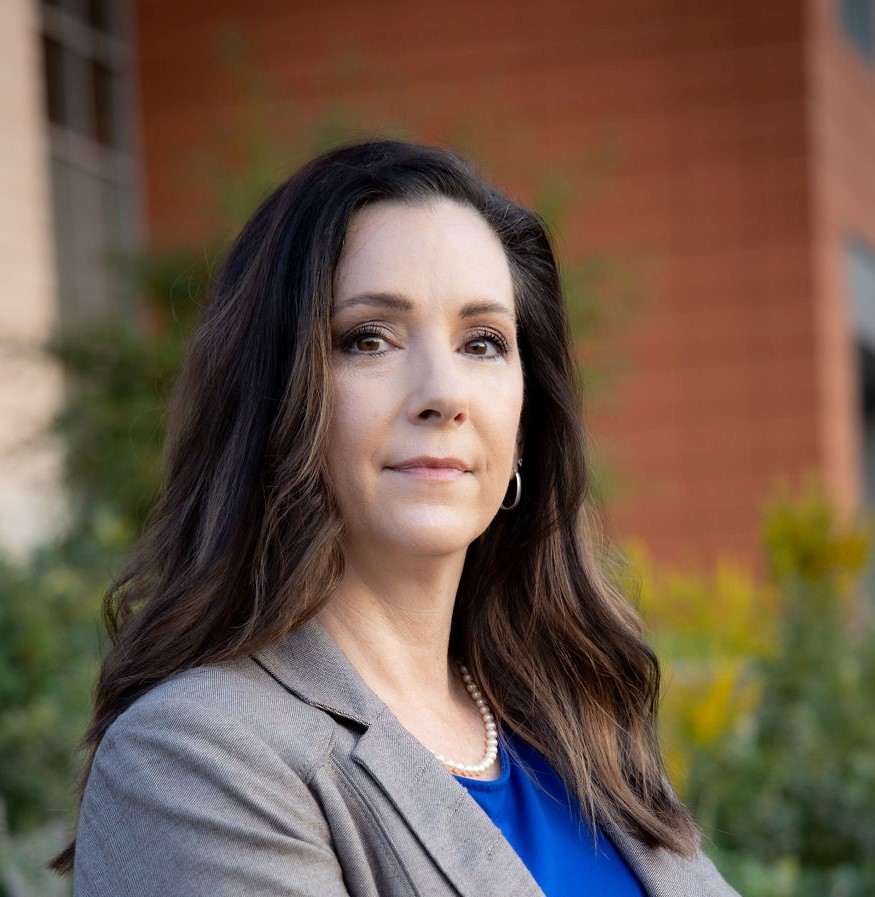
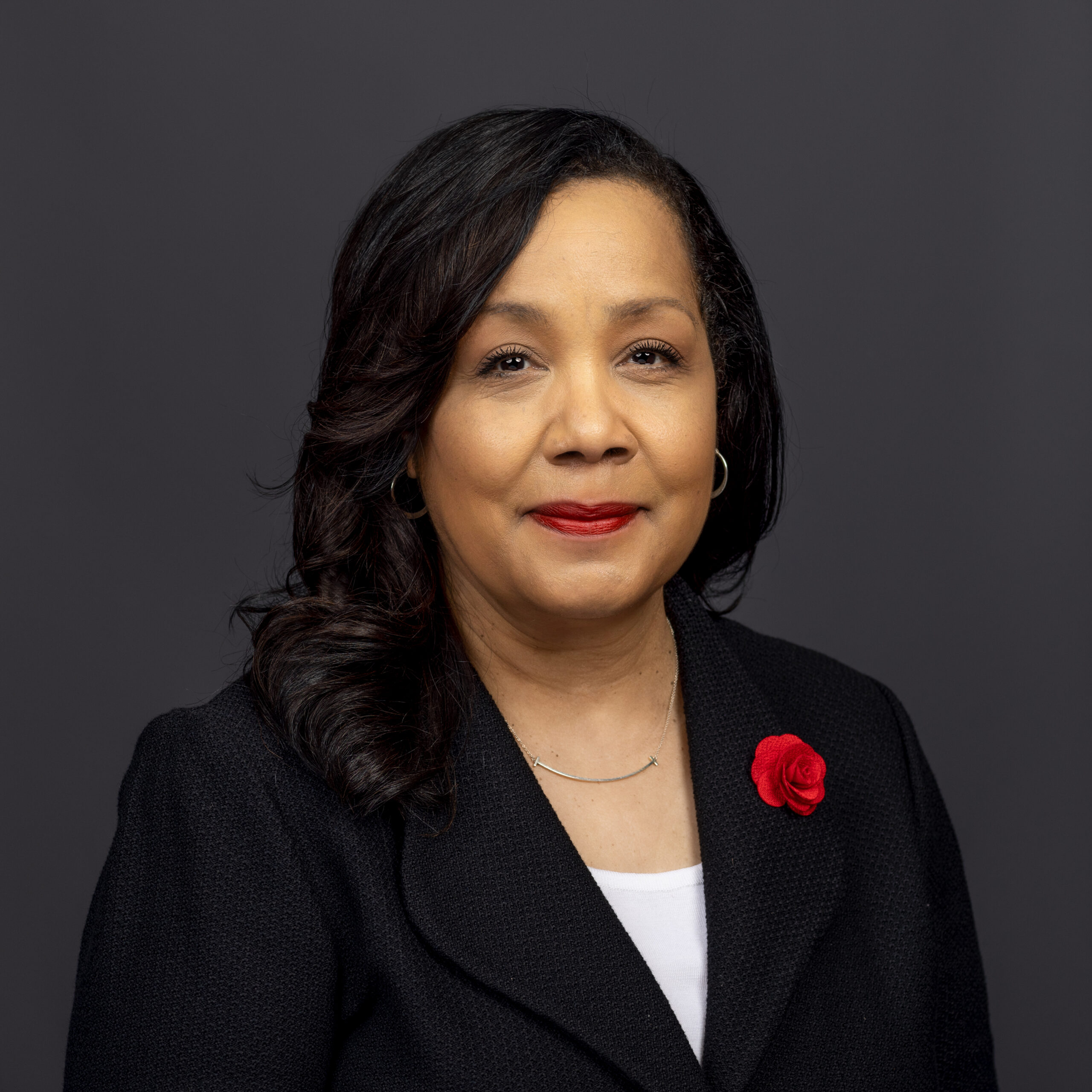
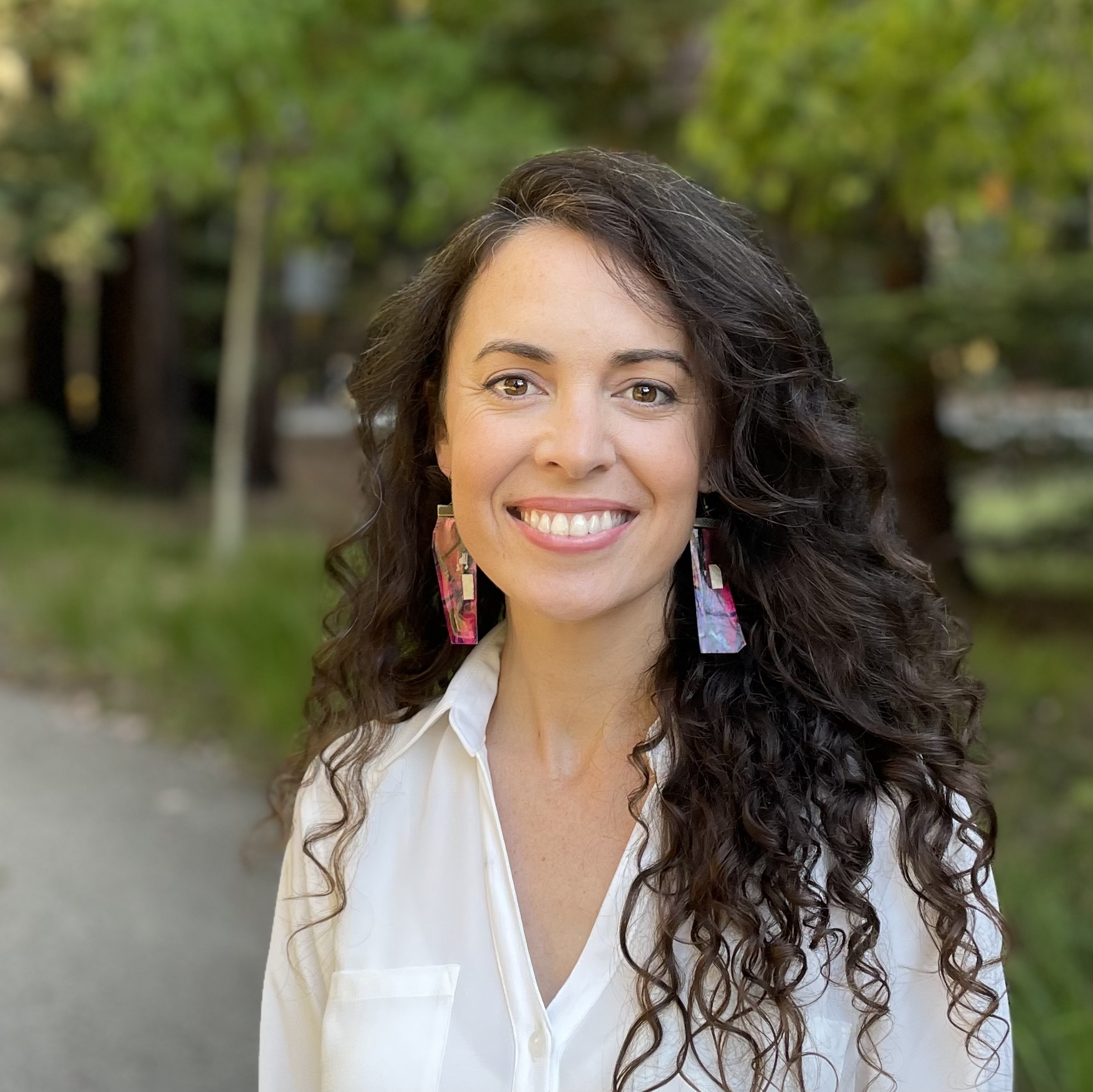
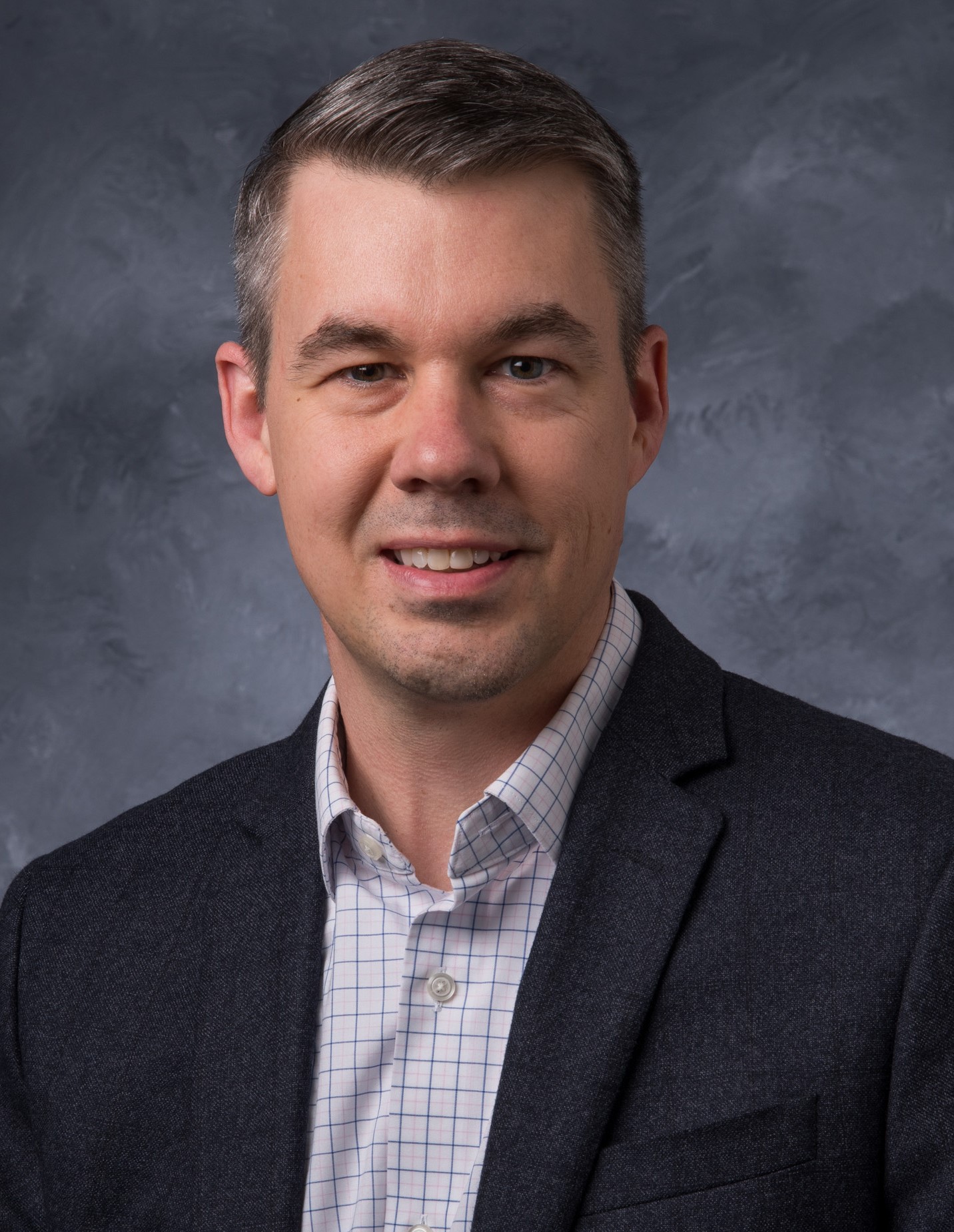
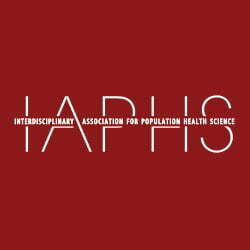



All comments will be reviewed and posted if substantive and of general interest to IAPHS readers.